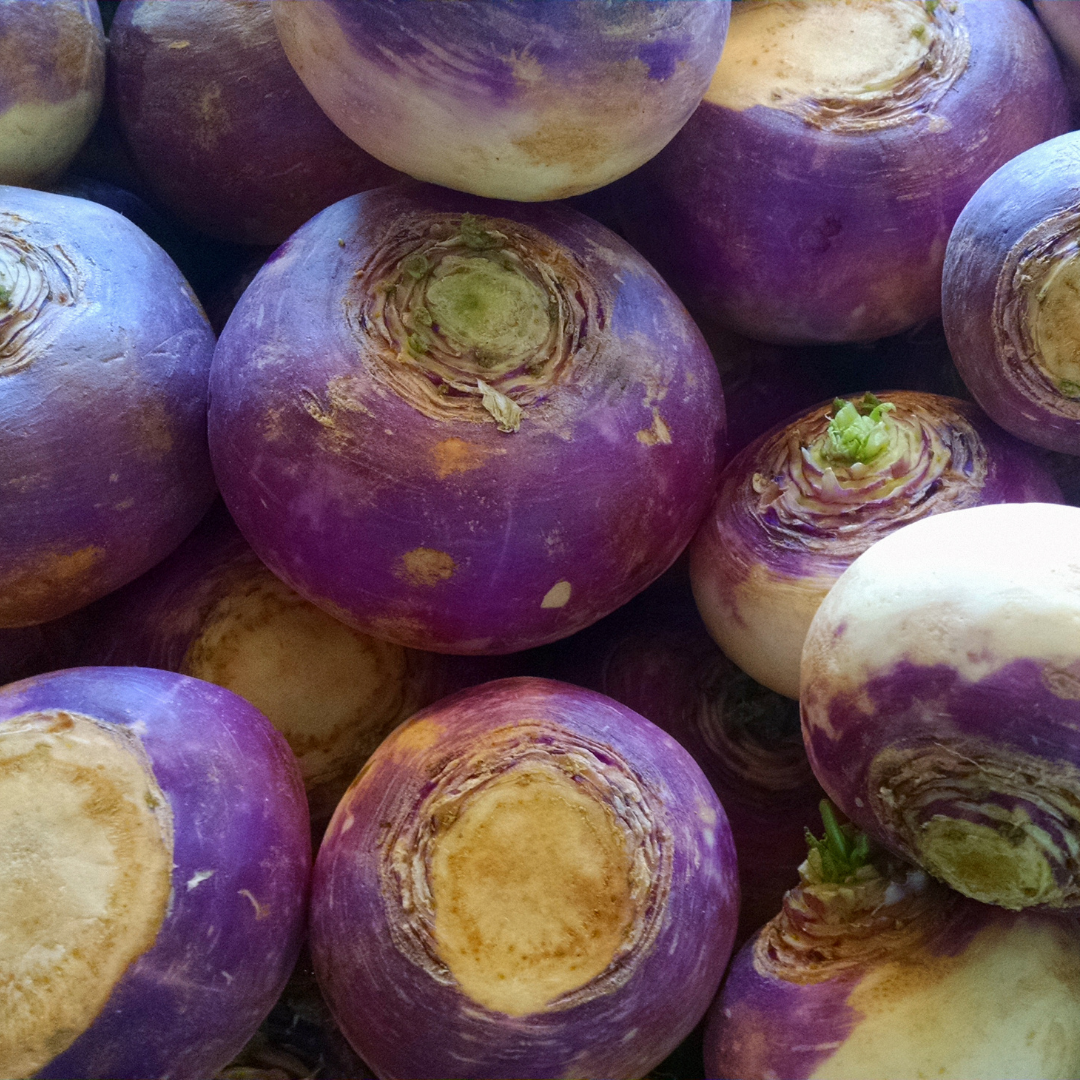BIPOC Farmer Debt Relief Tied Up in Court While Review of ‘Rampant’ USDA Private Lending Issues Remain
We initially thought the pandemic would be the tipping point to finally give BIPOC farmers monetary reparations, as we wrote in our Journal earlier this year, but unfortunately, court rulings have put the funding on hold.
Part of the coronavirus relief package, the approved American Rescue Plan by Congress itemized an estimated $5 billion designated to “socially disadvantaged farmers,” including Black, Hispanic, Native American and Asian Americans in the Emergency Relief for Farmers of Color Act. Four-fifths of that will go to paying off outstanding debts these farmers have with the U.S. Department of Agriculture up until Jan. 1, and the rest to outreach programs providing access to land, education and training, technical assistance, and loans.
The U.S. Department of Agriculture planned for payments to begin in early June and continue on a rolling basis. However, the payments came to a halt after a temporary suspension was announced, reports AGDAILY.
A Wisconsin judge handed down a temporary restraining order to halt the payments in response to a lawsuit filed by a conservative law firm and a group of White farmers, reports the Milwaukee Journal Sentinel. They allege the Biden administration used an unconstitutional program in an effort to end systemic racism, and the relief should be made available to white farmers as well. A second halt in funding came in a Florida court ruling, with, again, White farmers alleging the program is racially discriminatory. A third halt recently came in a Fort Worth, Texas court with more of the same bogus arguments of reverse discrimination.
“It’s a wonder where those farmers were over the last 100 years, when their Black counterparts were being discriminated against and didn’t hear a peep from white farmers about how unfortunate that circumstance was,” said Secretary of Agriculture Tom Vilsack.
The USDA says it will be reviewing all of the department’s agencies and programs through an internal working group, and it will examine how to provide better technical assistance for socially disadvantaged and local producers.
Examining private lending and racial bias at the local level
It’s frustrating, as much as we know it is for BIPOC farmers, to have to continue waiting amid all these delays. Before these lawsuits were filed, the banks pushed back, telling (or threatening?) the USDA they will be more reluctant to extend credit if loans were repaid quickly. This would leave minority farmers worse off in the long run, reports The New York Times.
John Boyd Jr., founder of the National Black Farmers Association, penned this op-ed in Civil Eats in response to the Times’ story, reminding that this debt repayment is an important first step by the USDA to mend decades mired in racial discrimination against BIPOC farmers. Debt relief will help make BIPOC farmers more creditworthy.
“Now is the time to lift the veil of secrecy around private lending to farmers of color,” Boyd writes.
Boyd cites Vilsack’s call to create an Equity Commission to review years of discrimination by private lenders as a top priority. How this administration approaches USDA lending will be a major test for President Joe Biden to make good on his pledge to combat racial discrimination.
Advocates for Black farmers want the administration to address barriers such as loan terms that favor large, wealthy farms, a complex application process, and poor service and inequity at local USDA offices, reports Politico. The chart below provided by the USDA shows the higher rejection rates for loans to Black farmers in 2020 compared to other groups.
Many say the problem lies at the local level. County offices of USDA’s lending arm, the Farm Service Agency, are often the first and only point of contact for farmers seeking access to government assistance programs. Black farmers say their interactions with FSA officials, who play a pivotal role in determining whether loans are granted, are plagued by racial bias, inexperienced personnel and lack of bandwidth to help with applications.
Farmers only make up 2% of the U.S. population, and Black farmers little less than 2% of that, said Dewayne Goldmon, senior advisor on racial equity at the USDA, in a Marketplace interview. Yet these farmers hold a vital role in the health of our food system and society. They’ve had an impact on diversity in agriculture and in world society.
“It’s critically important that we get this right because we have to make sure that the agricultural system in our country is as diverse as it needs to be, so that perhaps other folks won’t have to endure the struggles that their parents have,” he said.


